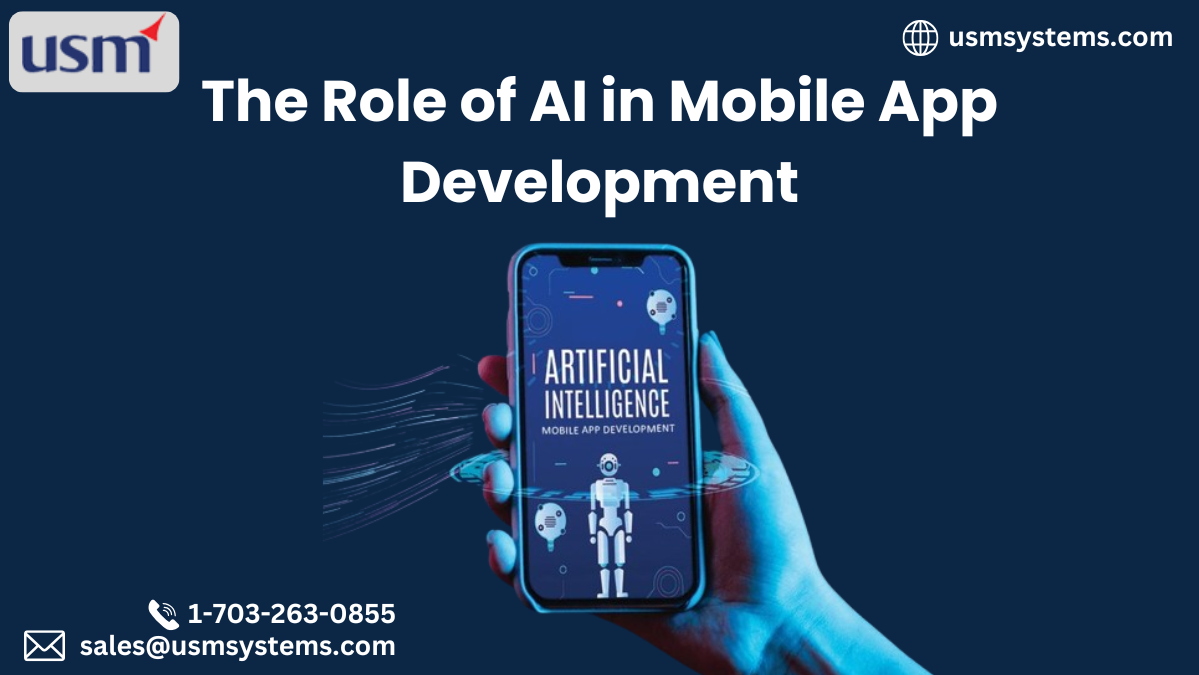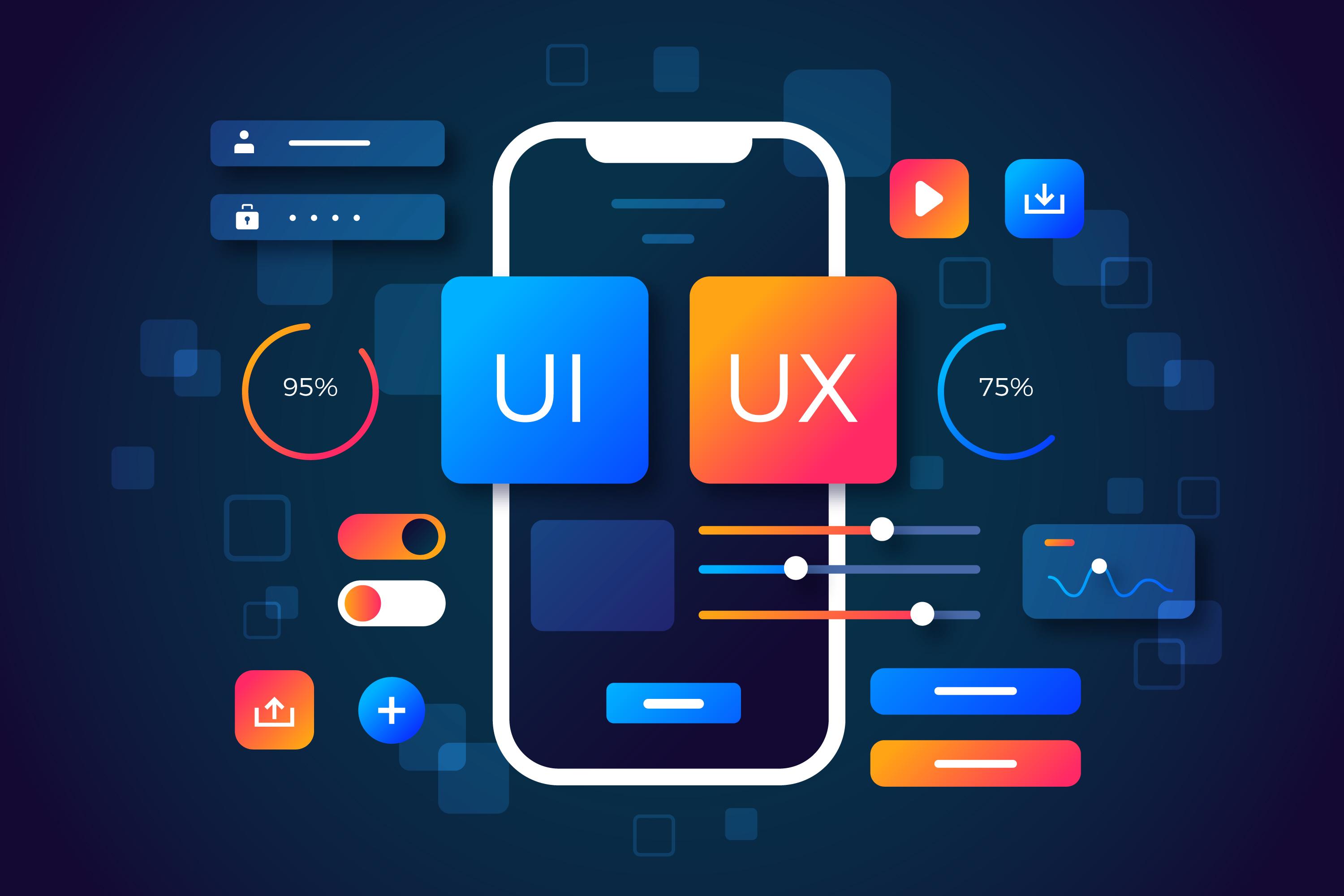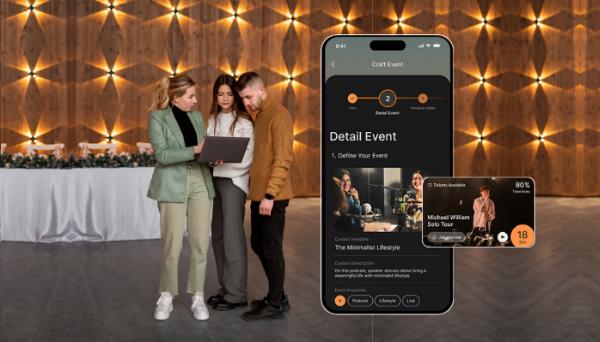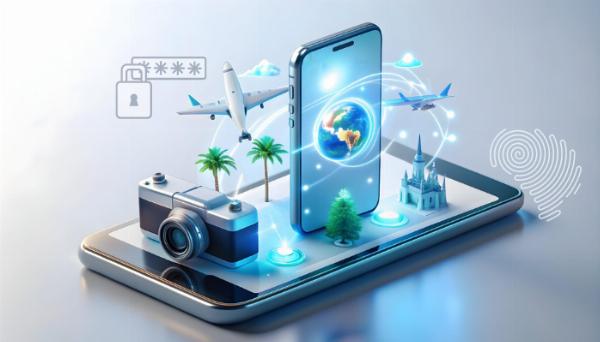The Role of Android App Development in IoT Solutions
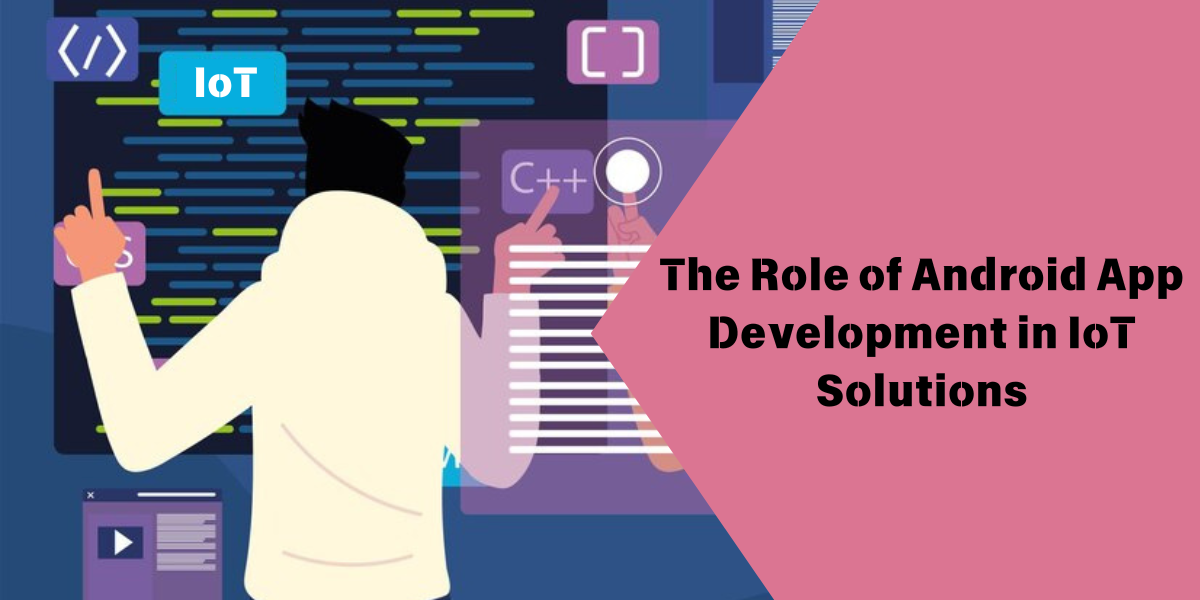
Strong 8k brings an ultra-HD IPTV experience to your living room and your pocket.
The Internet of Things (IoT) has revolutionized how devices communicate, collect data, and interact with users. Central to this transformation is the development of Android applications that serve as the interface between users and IoT devices. This blog delves into the pivotal role of Android app development in IoT app solutions, exploring its significance, benefits, challenges, and the associated costs.
✍️ From Android and iOS to cross-platform tools like Flutter, our detailed guide on mobile app development explores the skills, technologies, and frameworks you need to create scalable, user-friendly applications.
Understanding IoT and Its Integration with Android Apps
What is IoT?
IoT refers to the network of physical devices embedded with sensors, software, and other technologies to connect and exchange data over the internet. These devices range from everyday household items like refrigerators and thermostats to sophisticated industrial tools.
Role of Android Apps in IoT
Android applications act as the bridge between users and IoT devices. They allow users to monitor, control, and interact with connected devices through their smartphones or tablets. Whether it's adjusting home lighting, tracking fitness metrics, or managing industrial machinery, Android apps provide the user interface for these interactions.
Key Benefits of Android Apps in IoT Solutions
User-Friendly Interface: Android's widespread adoption ensures that users are familiar with its interface, making it easier to interact with IoT devices.
Real-Time Monitoring and Control: Android apps enable users to receive real-time data from IoT devices, allowing for immediate actions and decisions.
Remote Access: Users can control and monitor devices from anywhere, enhancing convenience and flexibility.
Integration with Other Services: Android apps can integrate with other services like cloud storage, AI analytics, and third-party APIs to enhance the functionality of IoT solutions.
Cost-Effective Development: Given the large pool of Android developers and resources, developing Android apps can be more cost-effective compared to other platforms.
Real-World Applications of Android in IoT
1. Smart Homes
Android apps control home automation systems, including lighting, security cameras, thermostats, and appliances. Users can set schedules, receive alerts, and monitor energy consumption.
2. Healthcare
Wearable devices track health metrics like heart rate and sleep patterns. Android apps analyze this data, providing users with insights and recommendations for better health management.
3. Industrial Automation
In manufacturing, Android apps interface with machinery to monitor performance, predict maintenance needs, and optimize production processes.
4. Agriculture
IoT sensors monitor soil moisture, temperature, and humidity. Android apps help farmers make data-driven decisions to improve crop yields and resource management.
Challenges in Android IoT App Development
Device Compatibility: Ensuring that Android apps work seamlessly across a wide range of IoT devices with varying specifications.
Security Concerns: Protecting sensitive data transmitted between devices and apps from potential cyber threats.
Real-Time Data Processing: Handling large volumes of data in real-time without compromising app performance.
Battery Consumption: Optimizing apps to consume minimal battery power, especially for mobile devices relying on IoT connectivity.
Integration with Legacy Systems: Ensuring that new Android apps can communicate effectively with older IoT devices and systems.
Cost of Developing Android IoT Applications
Android App Development Cost
The cost of developing an Android application varies based on complexity, features, and the development team's location. On average:
Simple Apps: $12,000 to $25,000
Medium Complexity Apps: $50,000 to $250,000
Complex Apps: $75,000 to $200,000 or more
IoT App Development Cost
Developing IoT applications involves additional considerations like hardware integration and real-time data processing. IoT app development Costs can range from:
Simple IoT Apps: $10,000 to $50,000
Medium Complexity IoT Apps: $50,000 to $250,000
Complex IoT Apps: $250,000 to $1,000,000 or more
Ongoing Maintenance
Both Android and IoT applications require regular updates and maintenance. Typically, maintenance costs are about 15% to 25% of the initial development cost per year .
Choosing the Best Android App Development Company for IoT Solutions
Selecting the right development partner is crucial for the success of your IoT project. Consider the following when evaluating potential companies:
Expertise in IoT: Ensure the company has experience in developing IoT solutions and understands the unique challenges involved.
Portfolio: Review their previous projects to assess the quality and relevance of their work.
Technical Skills: The company should be proficient in Android development, cloud integration, and data security.
Client Reviews: Check testimonials and reviews from previous clients to gauge their satisfaction.
Cost Transparency: Choose a company that provides clear and detailed cost estimates, avoiding hidden fees.
Future Trends in Android and IoT Integration
5G Connectivity: The rollout of 5G networks will enhance the speed and reliability of IoT devices, enabling more responsive Android applications.
AI and Machine Learning: Integrating AI into Android IoT apps will allow for predictive analytics and smarter decision-making.
Edge Computing: Processing data closer to the source will reduce latency and bandwidth usage, improving app performance.
Blockchain for Security: Implementing blockchain technology can enhance the security and integrity of data transmitted between devices and apps.
Sustainability: Developing energy-efficient Android apps will be a priority as sustainability becomes a key concern in IoT solutions.
Conclusion
Android app development services play a pivotal role in the success of IoT solutions by providing a user-friendly interface, enabling real-time monitoring, and integrating with various services. While there are challenges to overcome, the benefits far outweigh them, making Android a preferred platform for IoT applications. By understanding the costs involved and selecting the right development partner, businesses can leverage Android apps to unlock the full potential of IoT.
Note: IndiBlogHub features both user-submitted and editorial content. We do not verify third-party contributions. Read our Disclaimer and Privacy Policyfor details.



